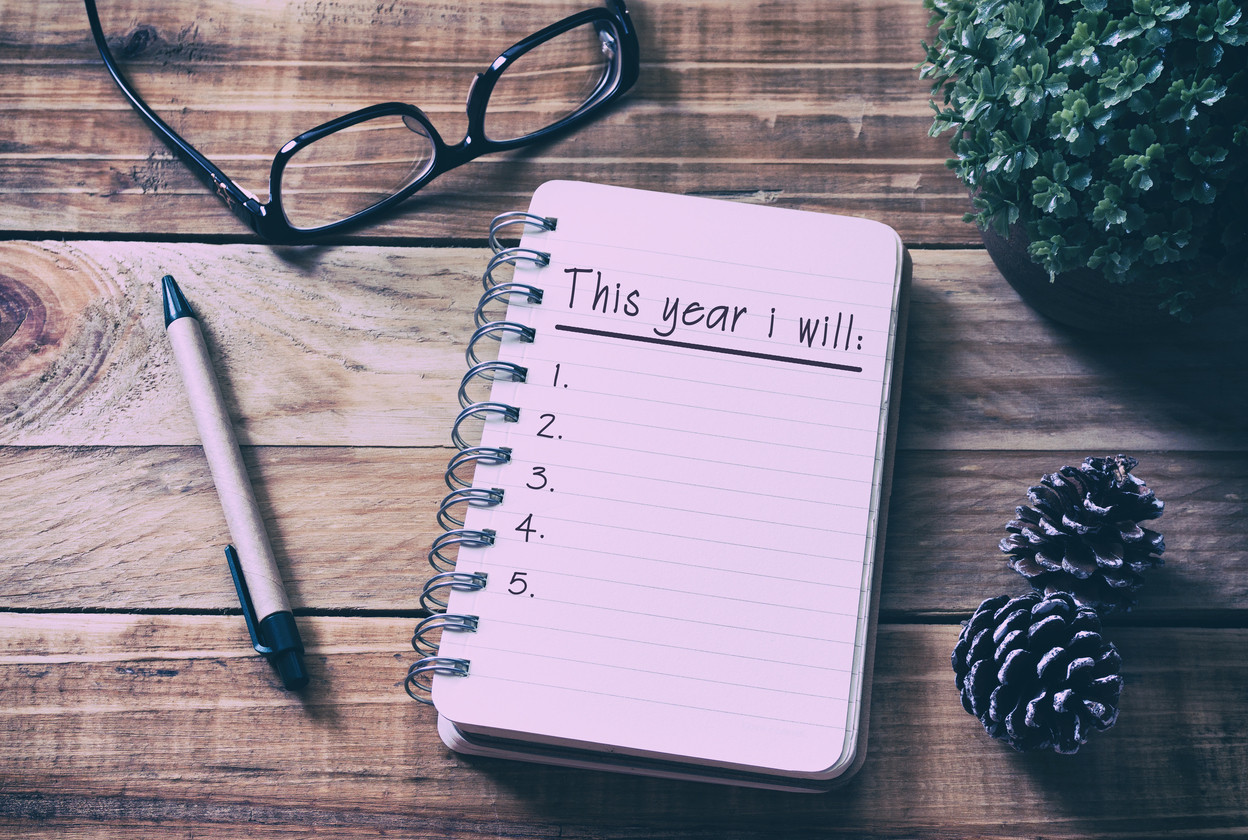Did you know 80% of New Years Eve Resolutions are only kept for four weeks?
The problem is not just one faced on New Year’s Eve. There are many times in our lives when we feel inspired to take action for one reason or another. For a few short weeks, a desire burns within us to learn a new skill or drop a bad habit. Yet with all our good intentions, many people succumb to their old way of living. Why?
Part of the answer lies in the resolutions themselves. The most common New Year’s Eve Resolutions are:
- Stay Fit and Healthy
- Lose Weight
- Enjoy Life to the Fullest
- Spend Less, Save More
- Spend More Time With Family and Friends
- Get Organized
- Will Not Make Any Resolutions
- Learn Something New or a New Hobby
- Travel More
- Read More
- Quit a Bad Habit
- Volunteer at a charity
- Be Less Stressed
- Break a Smartphone Addiction
- Get More Sleep
- Eat at Home More Often
- Floss Regularly
- Write a Business or Life Plan
The problem with most of these resolutions is they do not lay out a clear specific measurable goal.
Everyone should strive to “enjoy life to the fullest” but how do you actually measure that? If your goal is to get more sleep, how much more sleep do you really want to have every day?
On a psychological level, being specific with our goals allows us to see progress being made and can motivate us as we pursue them. It also helps us focus on the goal we’re attempting instead of letting it sink into the background of our minds.
However specific goals are only the beginning. Imagine you are planning a road trip. Having a specific goal is like choosing a city to visit along the way. On its own, it doesn’t get you any closer to the goal.
Most people get lost on the way to their destination. What not many realize is life is made up of habits. If you understand how habits are built you can build yourself new habits or erase old ones. As the old adage goes, “the chains of habit are too light to be felt until they are too heavy to be broken”.
Think about any bad habit you have in your life. Did you just wake up one day and suddenly have that bad habit? Or did it build up over time? If you are a smoker or know someone that smokes, did that person just wake up one day and start smoking as much as they do now? Or did it start as an occasional thing and grow over time? Was the Grand Canyon formed after four weeks of torrential rain? No. It took a persistent flowing river millions of years…
The real reason most people burn out on their New Year’s Resolutions in four weeks is that they try to change too much too quickly and eventually the pain becomes too great.
All humans are wired to seek pleasure and avoid pain. If you spend four weeks in misery trying to accomplish a goal, it doesn’t matter what goal it is, it will be hard to keep going. The only way to stick to a New Year’s Resolution is to make it as small and painless as possible at the start.
If your goal is to eat eight servings of vegetables a day, start with a single extra baby carrot piece at every meal. If your goal is to stop smoking set aside just one hour every couple days when you don’t smoke. If you want to start running a marathon and you’re hopelessly out of shape start by walking around your block just once a week.
And then, oh so slowly, start increasing the amount and the frequency. Before you know it you will be blowing past all your goals with apparent ease. If you’re interested in learning more check out a book by Darren Hardy called “The Compound Effect”. It is all about accomplishing goals through gradual habit building like this.
Now… The only question is… Will you be one of the 20% that accomplish their New Years Resolution?
Good Luck And Happy 2018!


